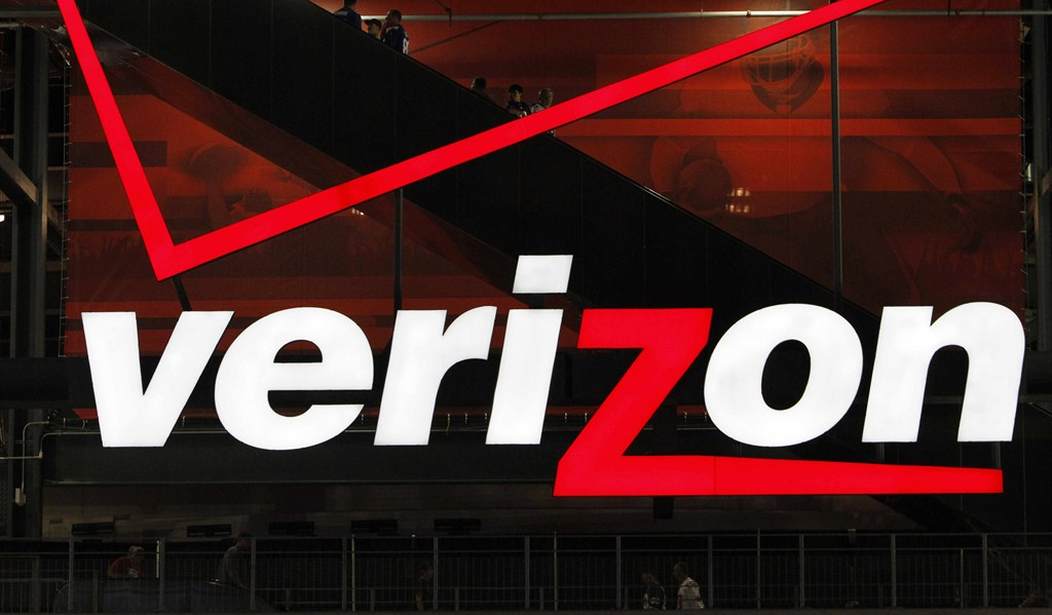While the national media is mostly focused on the Federal Communications Commission's latest net neutrality follies (still a regulatory solution in search of a problem), the far bigger policy challenge the Commission faces is executing the most complex spectrum auction in the agency's history. Unfortunately, the FCC seems more concerned with picking winners and losers than managing the auction effectively.
In this auction, the FCC will attempt to convince broadcasters to voluntarily relinquish their valuable spectrum in exchange for a portion of the auction proceeds paid by mobile wireless providers. And as if this isn't a big enough challenge, Congress also expects the auction to raise enough revenue to pay for both a new national public-safety network and to provide cash for deficit reduction that was crucial to a recent budget deal.
It would be a major challenge under the best of circumstances, but is headed for disaster because special interests have badly compromised the process. It now looks likely the largest domestic players, AT&T and Verizon, will be effectively excluded from the auctions - contrary to Congress's express statutory intent - to the benefit of their deep-pocketed foreign-owned competitors, Sprint and T-Mobile. If the FCC doesn't reverse course, the results will be disastrous for consumers, taxpayers, broadcasters, and public safety.
"The legislation makes clear that any party that is able to meet specific, traditional qualifications to hold a spectrum license is entitled to participate in the auction, and cannot be excluded," Reps. Fred Upton and Greg Walden said when the spectrum auctions were included in the fiscal deal they negotiated in early 2012. "Recent history has shown the Commission meddling in auctions and trying to 'shape' the market not only reduces federal revenue, it harms competition and spectrum policy. The new law puts a stop to this subjective and arbitrary practice. Congress sets the policy, not independent agencies."
Recommended
Unfortunately, the Department of Justice and the White House have nonetheless urged the FCC to impose restrictions hamstringing AT&T and Verizon. And the FCC must have listened - their proposed auction structure does precisely that. Such restrictive rules could reduce auction revenues by up to 50 percent, jeopardizing the public safety and deficit reduction objectives of the auction, as well as broadcaster participation, which is needed for the auction to succeed.
So why?
It's certainly not because Sprint and T-Mobile deserve the help. Their lack of low-band spectrum (below 1 GHz) is the result of a deliberate business decision not to step up in the last major spectrum auction or seek spectrum deals in the secondary market, not a lack of deep pockets. T-Mobile is owned by German telecom heavyweight Deutsche Telekom. Sprint is owned by Japanese heavyweight SoftBank - which is poised for a massive liquidity event in the pending Alibaba IPO. But why should they outbid their competitors when they can rig the rules instead?
That appears to be precisely what these companies have done. As Larry Spiwak of the Phoenix Center observed, William J. Baer, Assistant Attorney General for Antitrust at the Department of Justice, has admitted under oath before the Senate Judiciary Committee to "working very cooperatively-quietly-with the Federal Communications Commission" to develop these de facto bidder exclusion rules.
Even more remarkably, the FCC recently hired Howard Symons to be vice chair of the Incentive Auction Task Force - even though Symons was fresh off representing Sprint at the Commission in a filing on a related issue. And then-Chairman Julius Genachowski commended former FCC economist and present T-Mobile consultant Greg Rosston for his "incredible work" on past auctions and said it was fortunate Rosston was "engaged in this proceeding as well."
While that may be great news for shareholders of foreign telecom titans Deutsche Telekom and SoftBank, U.S. workers will be among the losers. An economic analysis conducted by a former top adviser to President Clinton, Robert J. Shapiro, for the Georgetown Center for Business and Public Policy found that, denied needed spectrum, AT&T and Verizon would be forced to manage capacity in less-effective, more expensive ways that would destroy more than 118,000 jobs by 2017.
All the major telecom players have the financial wherewithal to compete on a level playing field. Structuring the auction to ensure AT&T and Verizon have an equal opportunity to bid is necessary to yield maximum revenue for taxpayers and create a process the public can have confidence in.
The FCC should scrap the special deals and hold an honest auction.

























Join the conversation as a VIP Member